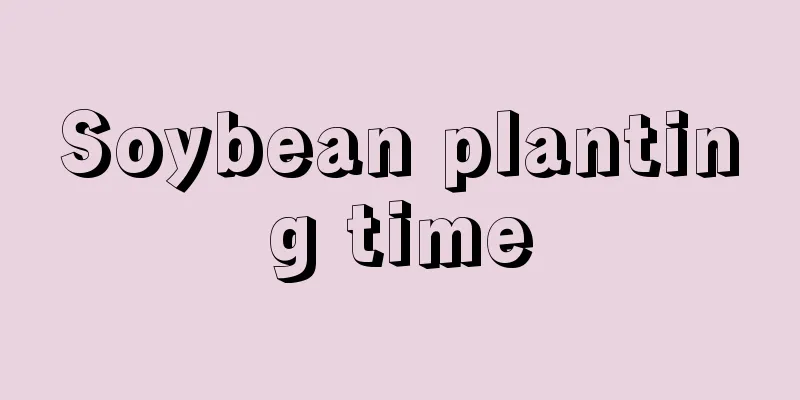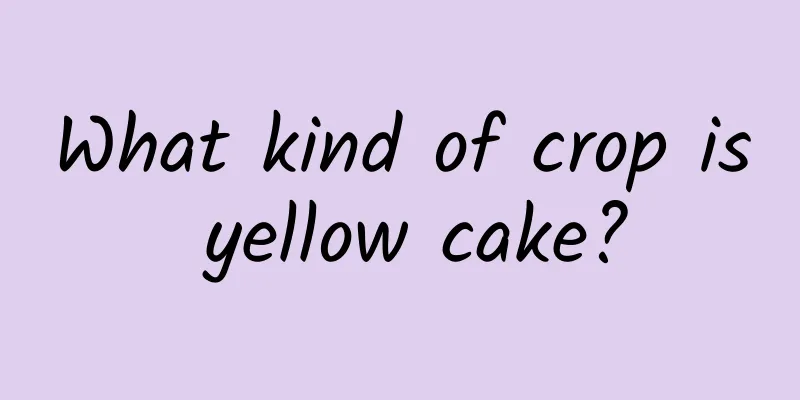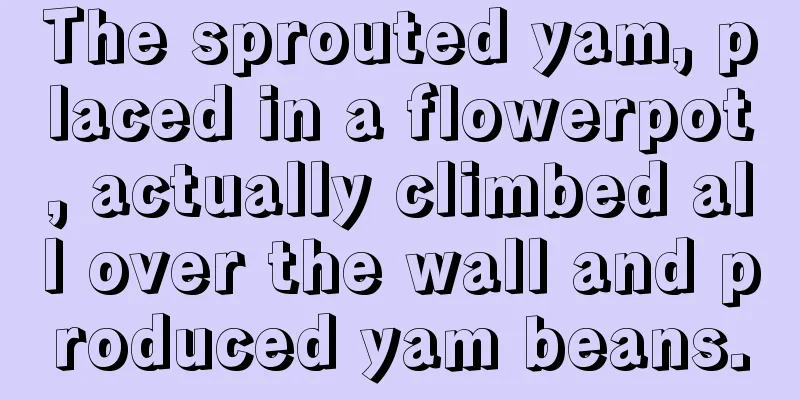Soybean planting time

|
As an important grain and oil crop, soybeans occupy an important position in China's agricultural production. The soybean varieties and planting techniques in different regions are also different in order to adapt to local climate and soil conditions. Let’s learn and understand the soybean sowing time. 1. Sowing time of soybean As a widely grown crop, the sowing time of soybean is affected by local climatic conditions. Taking summer soybeans in the Huanghuaihai region as an example, there are local agricultural proverbs such as "plant soybeans three days after the summer solstice", indicating that around the summer solstice is the best time to sow soybeans. After the wheat is harvested, local farmers will use rainwater to sow soybeans in time. The agricultural proverb "Corn before the rain, beans after the rain" indicates that corn is suitable for dry sowing before the rain, while soybeans should be sown after the rain to avoid soil compaction caused by heavy rain, which will affect emergence. When sowing soybeans, there are sayings such as "bury the wheat and expose the beans" and "three fingers for wheat and two fingers for beans", which means that soybeans should not be sown too deep and only need to be covered with a thin layer of soil. This is because soybean germination strength is weak, and sowing too deep may cause excessive soil pressure, resulting in weak seedlings or no seedlings. Soybeans should also be sown sparsely at the right time, commonly known as "thick wheat and sparse beans", which means wheat is planted densely and soybeans are planted sparsely. The sowing amount per mu is 6-12 jin, which can be adjusted according to the quality and size of the soybean seeds. Sparse planting is beneficial to the branching and fruiting of soybeans, thereby increasing yield. To prevent soybean root rot, viral diseases, etc., experienced farmers will coat soybean seeds before sowing. Using 27% benzylthiocarb suspension seed dressing agent, 5% amino oligosaccharides, 12% molybdenum fertilizer and 0.01% brassinolide to dress seeds can effectively solve problems during the soybean growth period and reduce the risk of empty pods. 2. Soybean Growth Management Package Weeding: Soybean field weeding is divided into closed weeding and post-emergence weeding. Since the wheat stubble in wheat fields is high, the closed weeding effect is not ideal, so post-emergence weeding technology is more mature. The best time to control weeds is during the early growth period of soybeans and weeds. Pest control: Beet armyworm , tobacco planthopper and bee stink bug are the main pests of soybean. The beet armyworm begins to cause damage in the early stages of soybean growth, while the tobacco planthopper and bee-margin stink bug cause damage in the middle and late stages of growth. Foliar nutrition supplement: When soybeans are planted after wheat, due to the lack of fertilization opportunities , although soybeans can fix nitrogen, they still need phosphorus and potassium. Spraying potassium dihydrogen phosphate in the middle and late stages of soybean growth, and combining it with boron fertilizer, molybdenum fertilizer and brassinolide, can significantly increase soybean yield. In short, farmers who want to plant soybeans can ensure the healthy growth and harvest of soybeans through these meticulous planting and management measures.
|
<<: How to fertilize daisies? What fertilizer is best?
>>: How to fertilize succulent plants? What fertilizer is best?
Recommend
The flower language and legend of Saxifrage
The flower language of Saxifrage: persistence The...
What kind of crop is cake?
What kind of crop is cake? Cake flour, also known...
Where is the best place to plant the tower pine tree?
Pine tree planting area The tower pine tree refer...
How to grow the fragrant vine at home
Can the fragrant vine be cultivated at home? The ...
Can I grow hibiscus at home?
Can I grow hibiscus at home? You can plant hibisc...
When is the best time to transplant blueberries?
Blueberries are a favorite fruit for many people....
Is Kalanchoe suitable for deep or shallow pots?
Is Kalanchoe suitable for deep or shallow pots? K...
How to care for the newly bought striped Haworthia
1. How to deal with the newly bought striped Hawo...
How to remedy yellowing of bamboo leaves
1. Pest control If the leaves of bamboo turn yell...
The efficacy and function of mulberries
1. Enhance immunity The various vitamins and caro...
What to do if the Guanyin lotus is watered too much
The harm of excessive watering of Guanyin Lotus I...
Causes and treatments of yellow leaves of Golden Edge Tiger Piranha
1. Too much light 1. Reason: If the Golden Edge T...
What to do if the fuchsia buds fall off
1. Proper lighting 1. Reason: When the flower bud...
Which wild tree stumps can be used as bonsai (with production methods)
1. Tree stumps that can be used as bonsai 1. Elm:...
How to grow fire flower
1. Maintenance methods 1. Temperature: The suitab...









